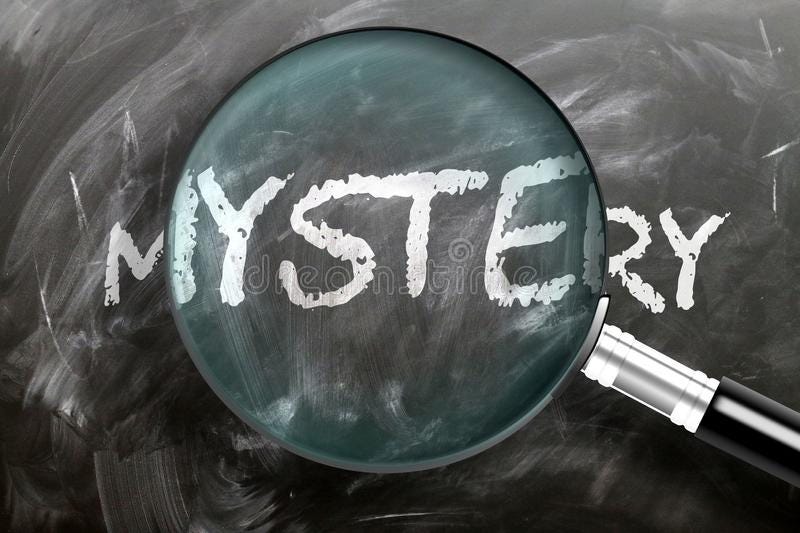The exploration of divinity within the Bahá’í Faith offers a fascinating lens through which to understand the evolution of religion—a journey akin to traversing a vast, uncharted ocean. Each wave of revelation, each current of interpretation, leads seekers further into the depths of spiritual understanding, unveiling a profound mystery that lies at the heart of existence.
At its core, Bahá’í teachings revolve around a principle: the oneness of God, the universe, and humanity. This tenet invites individuals to envision the divine as an infinite tapestry, woven from the threads of various religious traditions, philosophies, and cultures. Just as no individual thread can fully represent the entirety of a magnificent fabric, no single religion can encapsulate the totality of divine wisdom. This metaphor not only signifies the emergence of different faiths but also illuminates the interconnectedness among them, giving rise to a larger narrative of spiritual evolution.
The Bahá’í Faith posits that religion is not a stagnant relic of the past but rather a living entity that evolves over time, adapting to the needs of humanity. Just as a tree grows, expands, and undergoes seasonal transformations, religious teachings catalyze spiritual growth and adaptation to the conditions of the human experience. Divine revelation, according to Bahá’í beliefs, is an ascending ladder, each rung representing a new stage of realization and understanding. This notion dispels the misconception of religious finality, inviting adherents to embrace the idea that divine messages are progressive and cumulative.
Furthermore, Bahá’í teachings underscore the significance of the Manifestations of God—exalted beings who serve as messengers of divine will. Figureheads such as Moses, Jesus, Muhammad, and Baha’u’llah himself are celebrated as pivotal points in the progression of religious teachings. Each Manifestation acts as a gardener, nurturing the seeds of spirituality sown during previous eras, ensuring that humanity continues to thrive in a landscape that frequently shifts due to cultural, ethical, and existential challenges. The teachings provided by these figures are likened to a rich harvest that sustains and nourishes the soul through its various seasons.
Another essential aspect of Bahá’í doctrine is the role of humanity in this spiritual evolution. The analogy of a mirror reflects the framework through which Bahá’ís view the relationship between the divine and the human experience. Just as a mirror can only reflect light when it is clean and free of obstructions, so too can humanity only reflect the divine when free from prejudice, materialism, and conflict. The challenge lies in polishing the mirror—engaging in self-reflection and collective action to manifest the virtues of love, justice, and unity, which echo the divine attributes. This focus on human agency brings forth a tangible invitation to enhance personal and communal spiritual growth.
Moreover, the essence of Bahá’í teachings highlights the notion of diversity within unity. This concept encapsulates the idea that the differences that often divide humanity—be it religion, race, or nationality—are, rather, elements of a single, integrated whole. Within the Bahá’í worldview, diversity is not an obstacle to be surmounted but a vital component of the divine design. The multifaceted nature of faith is likened to the myriad colors of a prism, each radiating beauty while contributing to the spectrum of truth when viewed as a whole. This metaphor elevates diversity to a divine virtue, positioning it as integral to humanity’s collective journey toward enlightenment.
Furthermore, the emphasis placed on social transformation is palpable within Bahá’í teachings. The Faith speaks to the necessity of service as an expression of spiritual reality. Engaging with the world through service to others is akin to enlivening the roots of a tree, allowing it to draw nourishment from the earth. This interconnectedness reinforces the belief that true spirituality is reflected in action that promotes justice, equity, and peace—essential ingredients for fostering a harmonious global society. Active participation in the betterment of society becomes an act of worship, delineating the interplay between individual spiritual maturity and collective well-being.
The Bahá’í concept of the soul is also indispensable in understanding the evolution of religious thought. Seen as an eternal entity, the soul’s journey through multiple lifetimes allows for learning and growth. This perspective encourages a sense of accountability rooted in the long-term implications of human actions. The allegorical narrative of the soul’s evolution parallels the broader evolution of religious understanding, revealing a continuum of development where spiritual maturity is recapitulated across generations.
In conclusion, the Bahá’í teachings regarding the mystery of divinity and the evolution of religion offer an intricate tapestry of interconnected ideas, inviting contemplation and introspection. From the oneness of God to the individual’s role in reflecting divine attributes, these principles enhance the richness of human experience. They invite adherents to delve deep into the ocean of spirituality, illuminated by the guiding light of reason and the winds of compassion. Thus, as humanity navigates the endless cycle of growth and understanding, it is encouraged to embrace the mysteries of divinity, recognizing that they are not merely obstacles to overcome but also treasures to be uncovered on the journey toward enlightenment.
